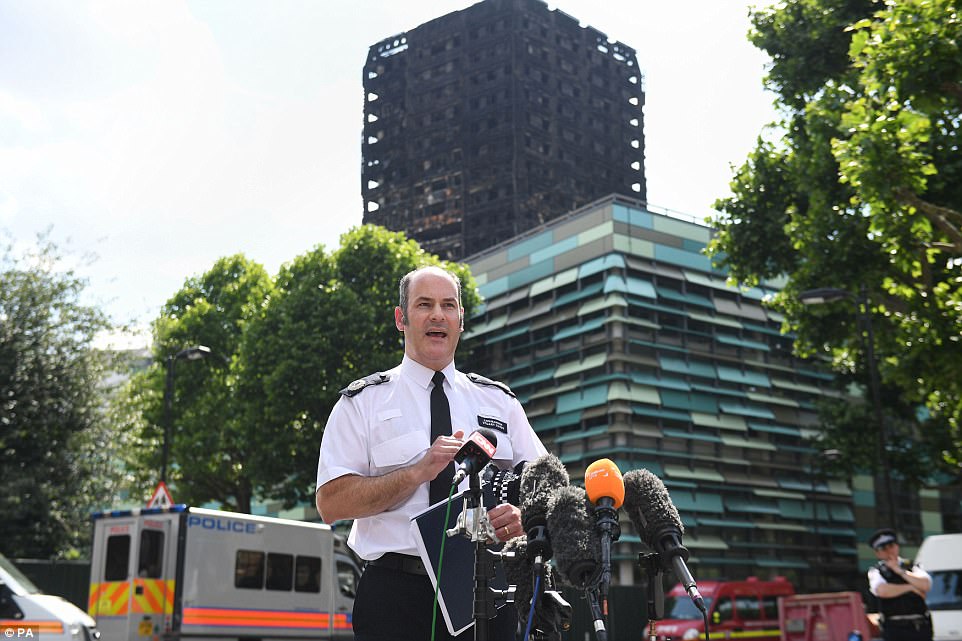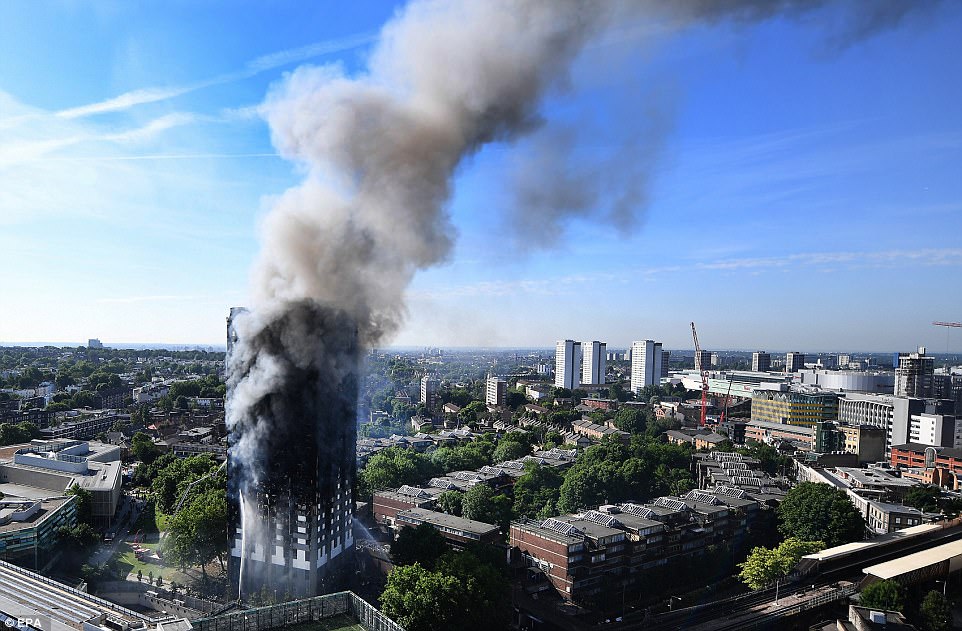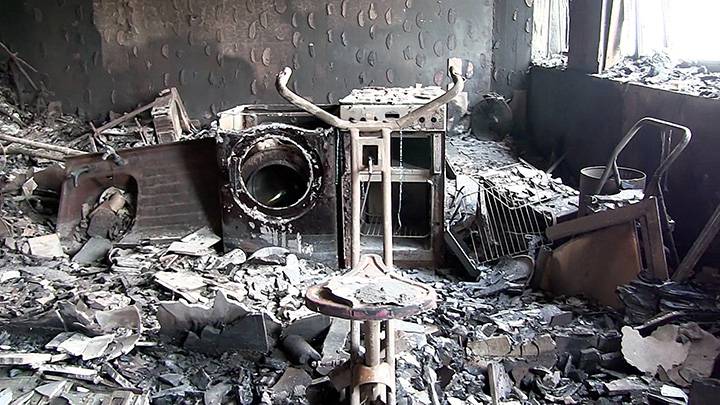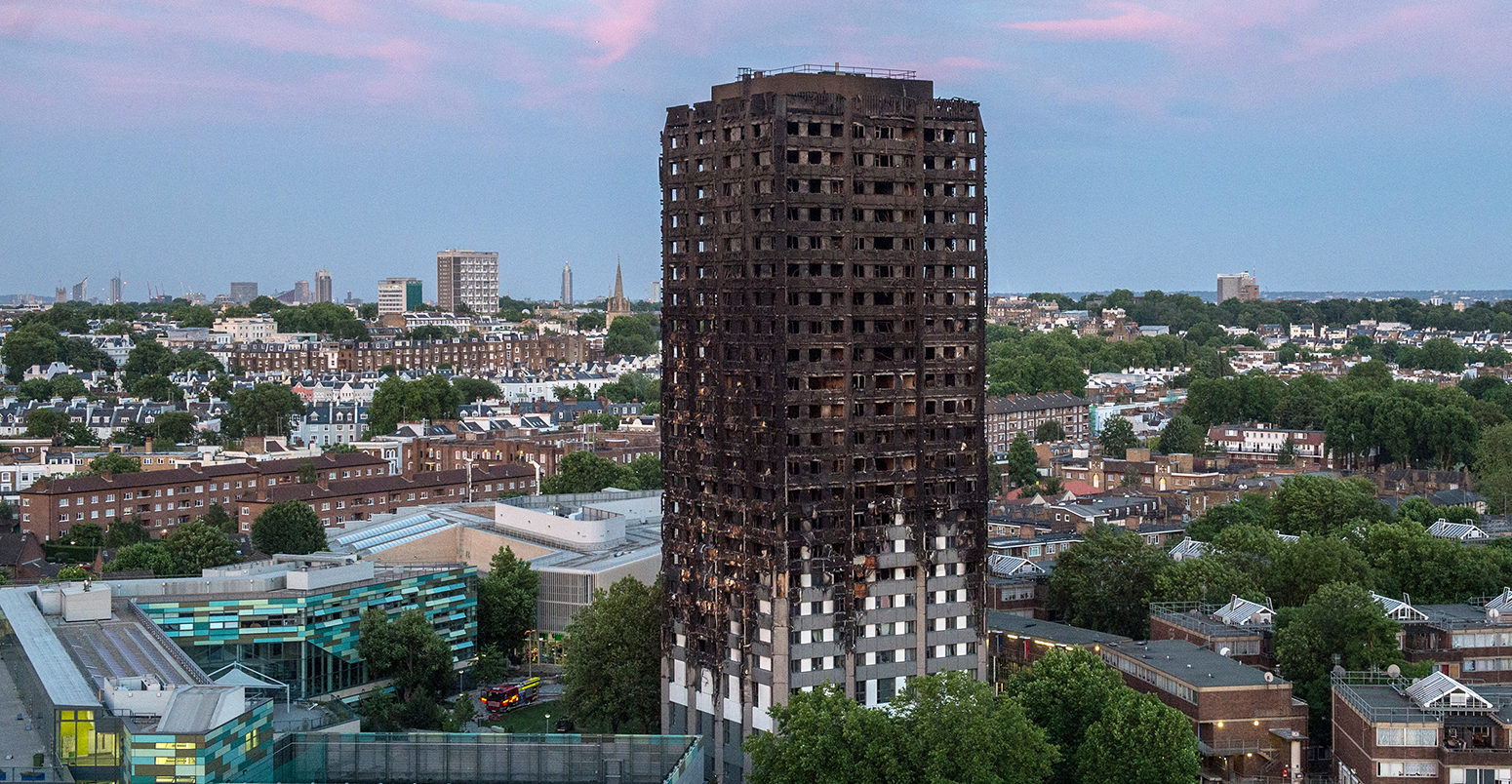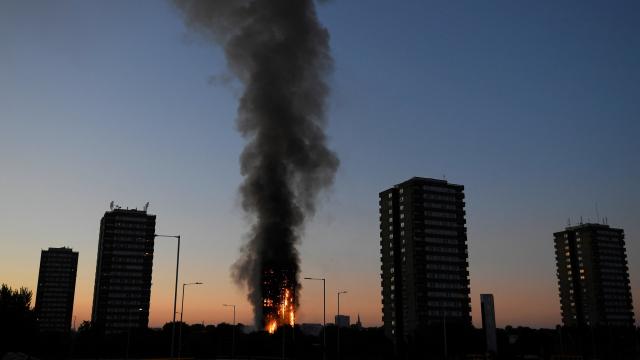
The charred carcass of Grenfell Tower, once home to a colorful residential community, is an image that will be rooted in our consciousness for a very long time. The tragedy in West London has become a symbol of how a system of austerity, cutting corners and targeting the most vulnerable ultimately scars society’s poorest.
What now lies in the shadows of this devastated tower block is an air of politicized anger, as blame gets pointed towards the powerful, affluent elite who neglected the less privileged. Kensington, where the tower's skeleton stands, remains the city's richest borough, a shamefully acute example of the inequality that plagues 21st century London.
Why the Conservative Government is to Blame
In 2010, the Conservative/Liberal Democrat coalition government announced an austerity program comprised of sustained reductions on public spending and the welfare state, with the aim of reducing the government’s budget deficit. The former Tory leader, David Cameron, even coined and popularized the term "age of austerity," as he pledged to put an end to what he characterized as “excessive government spending.”
In the June 2010 budget, the goal of the Tory austerity program was to “achieve a cyclically-adjusted current balance by the end of the rolling, five-year forecast period.” Seven years later, Britain still has a budget deficit of £52 billion – and as the government now admits, that financial hole isn't due to be filled until 2025, a decade later than scheduled.
Meanwhile, ongoing spending cuts are continuing to wreak havoc on public services and the welfare state – with Grenfell Tower serving as the most shocking, tragic example of how the world's fifth richest nation can embrace an austerity regime that is causing public infrastructure to fray, fragment, crumble and, literally, burn.
Cuts to the Fire Service
The praise for the London Fire Brigade, whose heroic firefighters entered the burning tower block and did everything they could to save lives, cannot be overstated. Austerity, however, is putting a strain on fire and rescue services in Britain.
Figures show that since 2010 there have been 10,000 fewer firefighters serving across England, meaning one in six firefighters have lost their jobs.
In its Save our Fire and Rescue Service petition campaign, the Fire Brigades Union notes that during the last parliament, the government cut funding to the fire and rescue service by 30 percent. During the course of this parliament, the Tories intend to cut spending by a further 20 percent.
Firefighters who tackled the ravaging flames at Grenfell Tower say they never experienced a blaze like it in decades of service. Two hundred firefighters employing 40 fire engines fought the fire, arriving on the scene just six minutes after receiving the call. Despite their heroic job, the impact of the cuts to fire services were visible in the Grenfell Tower disaster.
Firefighters told the Guardian that cuts had “taken a serious toll on operations.” One firefighter said: “Put it this way, you’re meant to work on a fire for a maximum of four hours, we’ve been here for 12.”
Cuts to Social Housing
Studies show that under the Tories’ austerity regime, cuts made to councils (local authorities) have hit Britain's working class, inner-city regions the hardest. A study by the Institute for Fiscal Studies (IFS), an economic think tank, shows that since 2010, urban working class councils have seen local services slashed by a third. Richer areas have, by contrast, escaped with cuts of 10 percent and under.
“The mainly urban and poorer councils… have had to cut their spending on services by 33 percent on average, compared to 9 percent for those richer councils,” said the IFS.
In 2016, the government announced that cuts to local councils would include reducing social housing rents by 1 percent, while rolling out new caps on housing benefits across the housing sector. Social housing associations criticized the move, complaining that it would leave them with less funds to provide services.
The National Housing Federation warned the cap would force the closure of 82,000 specialist homes that cater to the most vulnerable, including homeless people, the elderly, disabled residents and victims of domestic violence.
What is particularly ironic and disturbing about the Grenfell Tower tragedy is that the Royal Borough of Kensington and Chelsea (RBKC), where the tower stood, is a local authority that managed to escape the harsh cuts many poorer areas have experienced in recent years.
Beyond being one of the wealthiest boroughs in London, RBKC is also Britain’s most populous local authority. As the borough's website states: “While the majority of the borough is well developed, there are a small number of sites which could provide development opportunities and a further boost to economic prosperity.”
But there are areas in Kensington that do not reflect the upmarket affluence that most of the borough possesses – Grenfell Tower being one. The inner-city tower block was home to residents of diverse communities, many living on low-income budgets, a vivid contrast with their rich neighbors employed as lawyers, bankers and chief executives at multinationals.
In fact, the Royal Borough of Kensington and Chelsea has sat on reserves worth £274 million, and in 2014 the borough could afford to present its local taxpayers with a rebate of £100 each. Amid this handout, however, coming up with money to equip Grenfell Tower with emergency sprinklers, or to spend an additional £5,000 for fire-resistant cladding, apparently wasn’t possible.
As the New Statesman writes: “There was austerity in Kensington, but it was a product of conscious choice, not financial pressure.”
Heartening Community Spirit
The strong sense of community spirit that this corner of West London is showing in the wake of the tragedy offers some relief from the devastation that has shattered its residents. From centers set up to provide support and advice, to local healers offering free therapy and volunteers bringing donations, the mutual aid to this devastated community has warmed hearts.
But amid that solidarity, the sense of anger directed toward those inadvertently responsible for the tragedy remains, and continues to grow. Notes scribbled on paper are pasted on walls and fences around the community, relating the disaster to “corporate terrorism”.
“A disaster like this should not have occurred in the RICHEST borough in the U.K. and one of the WEALTHIEST parts of the world!!” reads one notice.
Anna Maria, 34, who lived in this area of London for two years, attended a local meeting for residents on the estate where Grenfell Tower stood. She told Occupy.com how disappointed she was at the lack of council members – or anyone with an "official" status – able to provide answers to the questions raised by attendants at the meeting.
“People here witnessed their friends burn to death. You can feel the pain in the air and nobody seems to be providing the answers,” said Anna. “Austerity and cuts cost lives. This time the deaths of the poor came in flames for all of London to see and the Tories have nowhere to hide,” Anna added.
Speaking to a crowd at the legendary Glastonbury Festival over the weekend, Labour Party leader Jeremy Corbyn summed up the sense of politicized resentment that many in the U.K. are feeling toward the Tory government. Calling out its discriminating agenda that prioritizes the privileged at the expense of the vulnerable, Corbyn connected issues like inequality and poverty to the “horrors of what happened at Grenfell Tower.”
“Is it right that so many people live in such poverty in a society surrounded by riches?” he asked.
3 WAYS TO SHOW YOUR SUPPORT
- Log in to post comments

